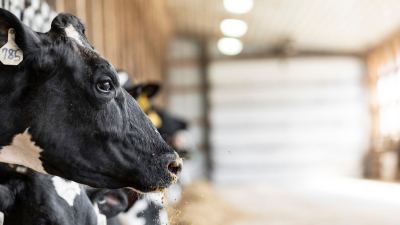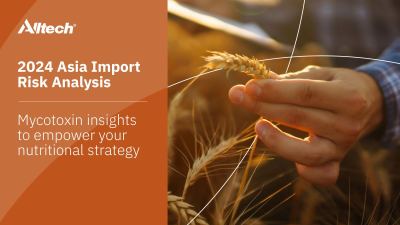Wear Pink and Drink More Milk

The ‘Milk Life’ campaign can now tout another nutritional reason to drink more milk. University of Guelph researchers have found when cows are fed selenium in its organic form the mineral is absorbed and integrated directly into a type of protein, milk casein. This protein enriched with selenium has the ability to reduce human breast cancer tumors growth.
“With each increase of selenium, tumor growth dropped,” said John Cant, animal science professor at University of Guelph. “We saw the anti-cancer effects at every level.
The study, supported by Dairy Farmers of Ontario, Alltech Inc. and the Natural Sciences and Engineering Research Council, was started two years ago by Cant and graduate student Jenny Warrington after the topic was suggested by doctoral candidate Scott Cieslar. Using human breast cancer cells that were transplanted into mice, the researchers were able to specifically look at how the human cells grew applying four diets containing low to high levels of selenium. The diets with the highest amount of selenium showed the greatest impact on the size of the tumors, while the effects of selenium-enriched casein were significant even in the low dose diets.
According to Professor Cant, the general public can also benefit from an organic selenium boost. Previously the essential mineral has been difficult to incorporate into many foods, but milk products offer a wide variety of ways to include selenium into the population’s diet. Further advantages are seen when comparing organic selenium to selenium salts (inorganic version), where the inorganic form leads to health problems at high doses, the organic version does not. A safe high ingestion is beneficial as the anti-cancer effects seen in University of Guelph’s research. Though more studies are needed to determine how selenium acts as an anticarcinogen, the outcome is evident.
“We’re excited about what this product can do,” Cant said. “We have real results.”















